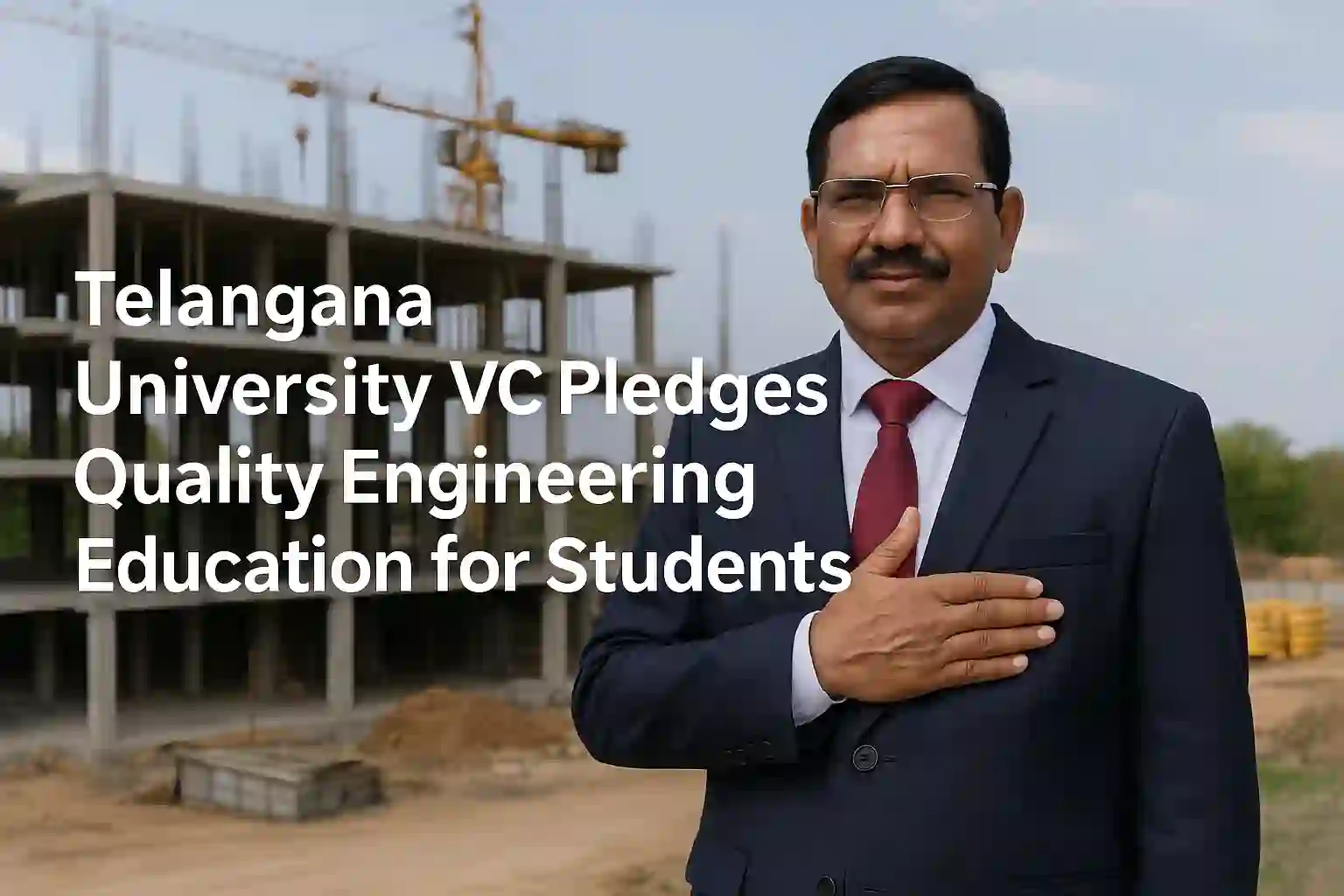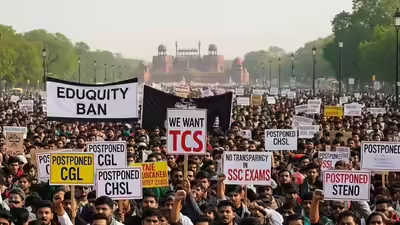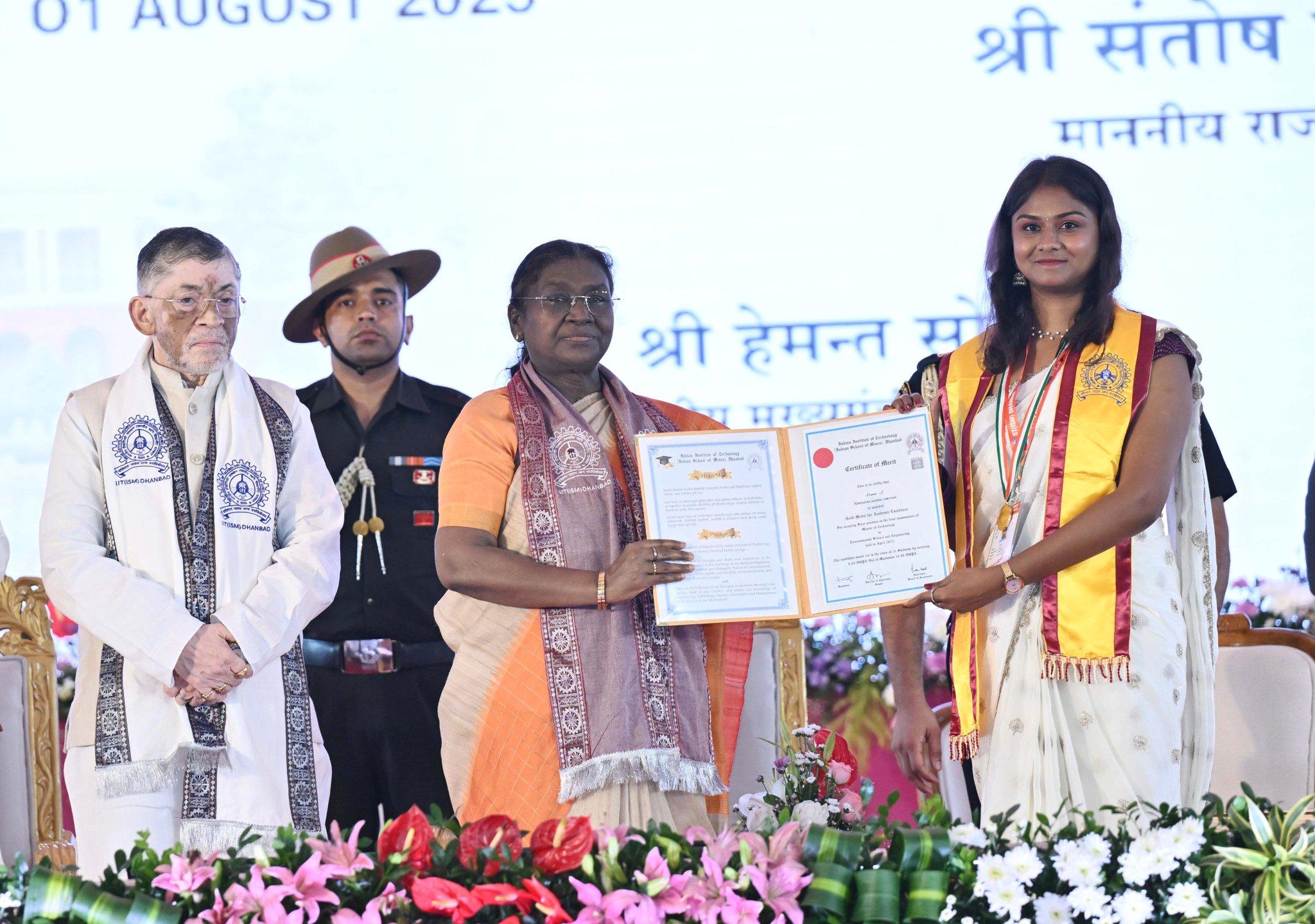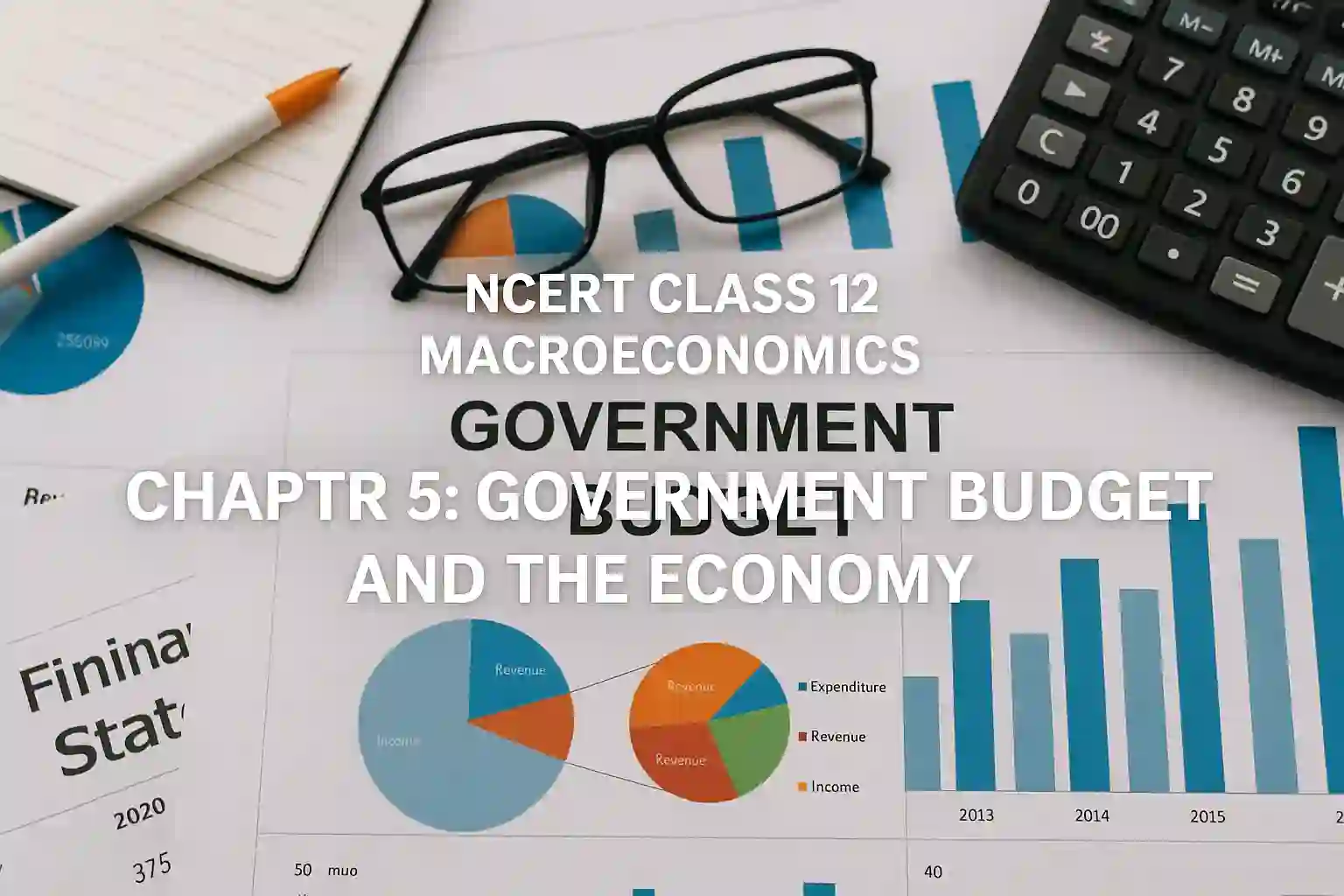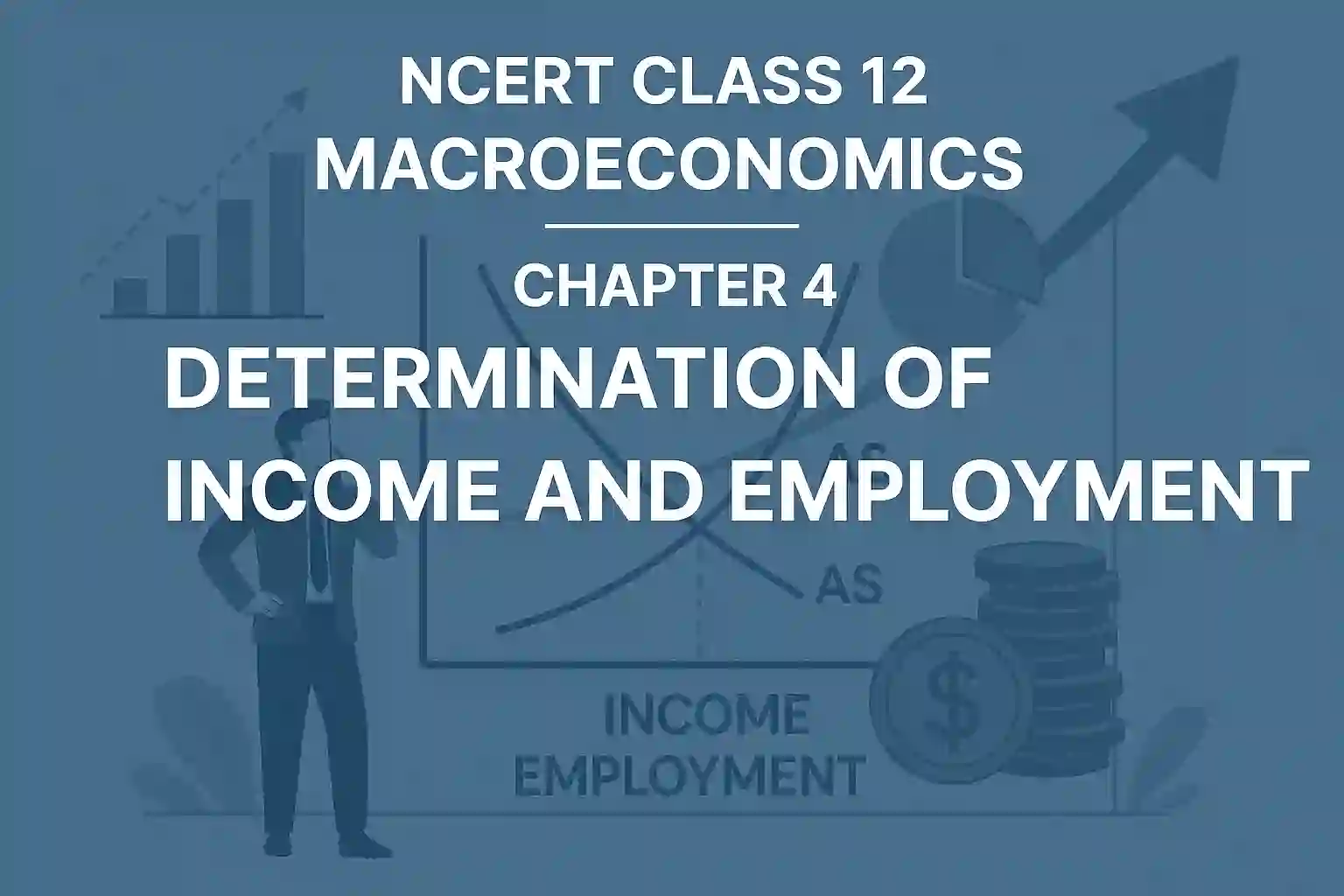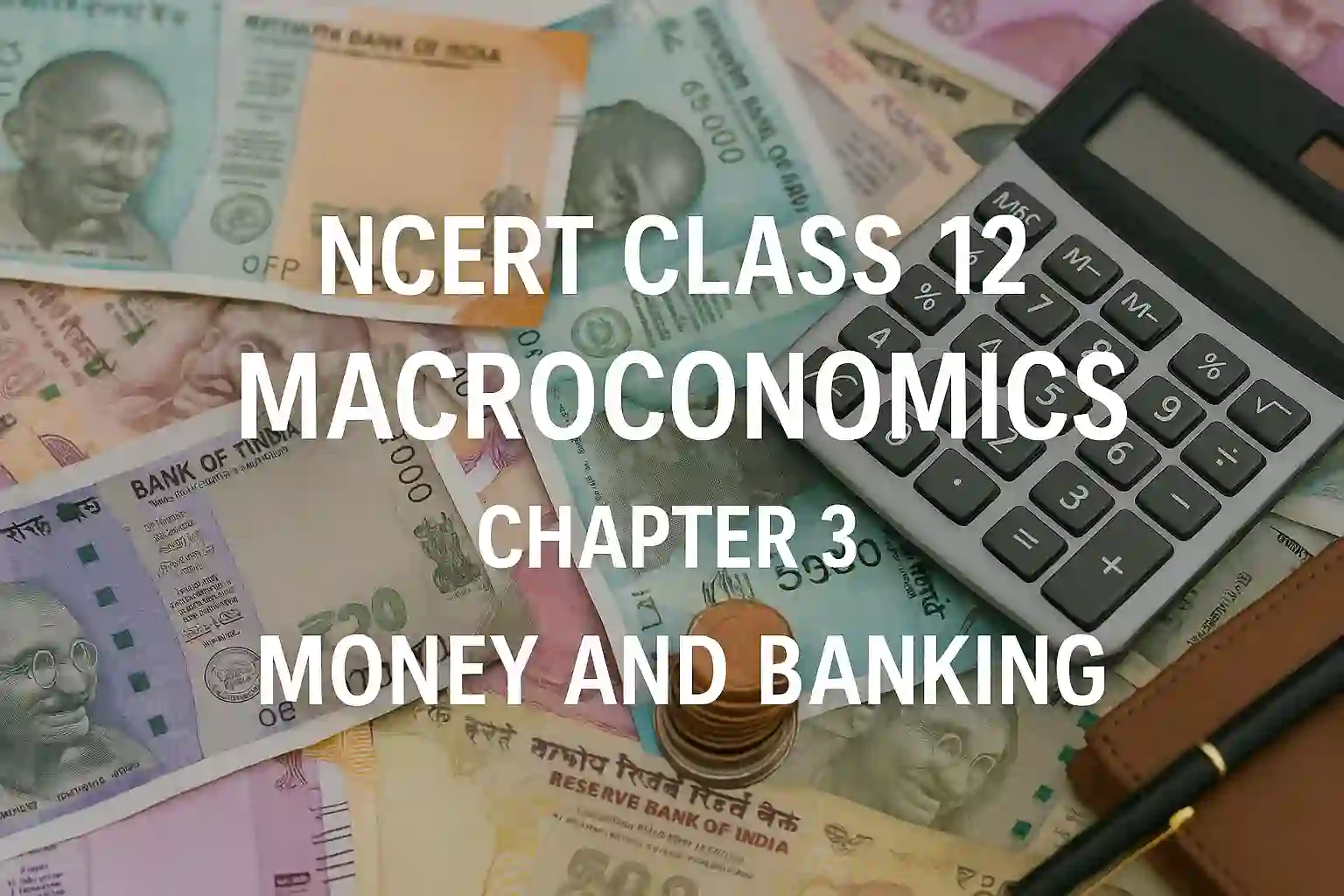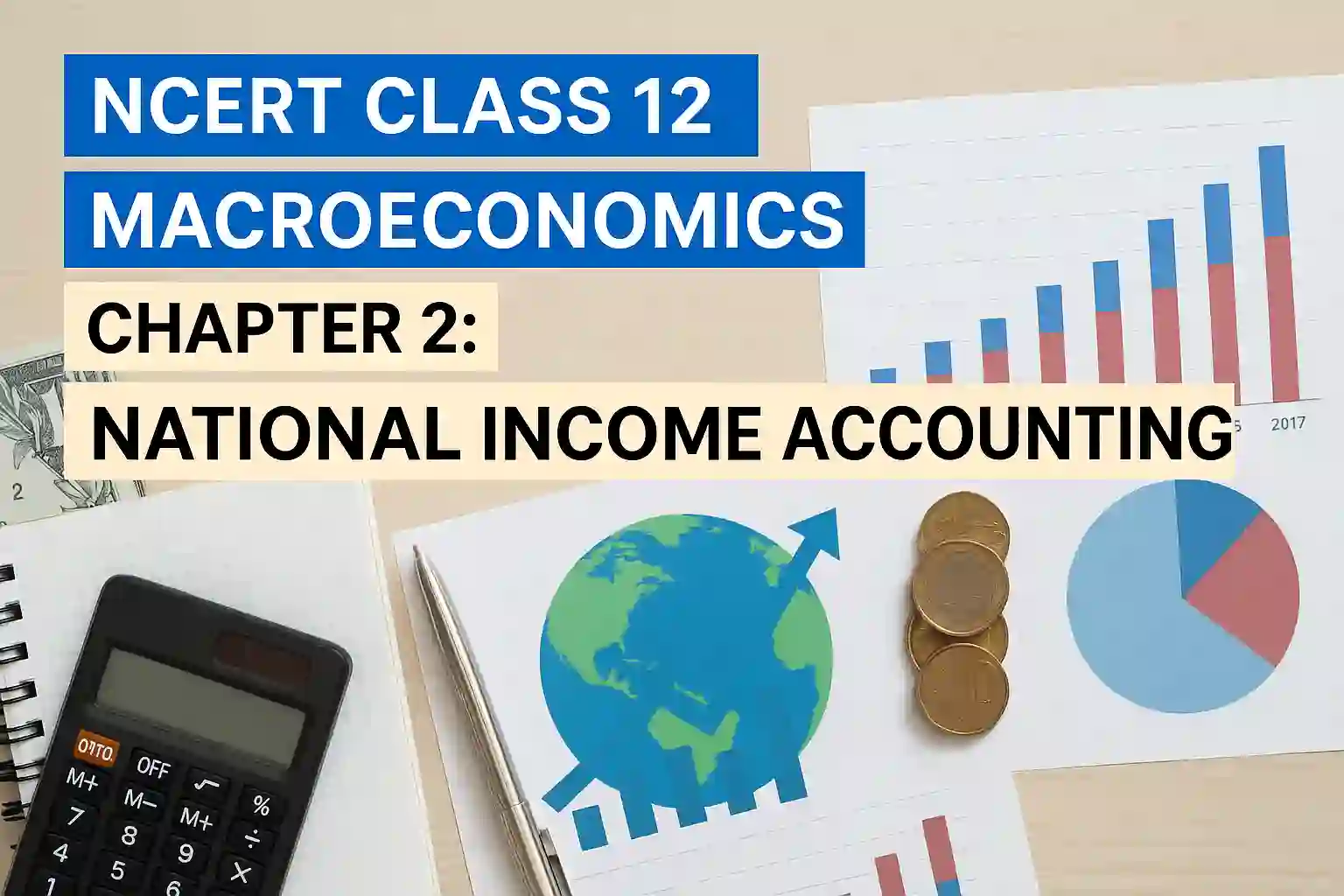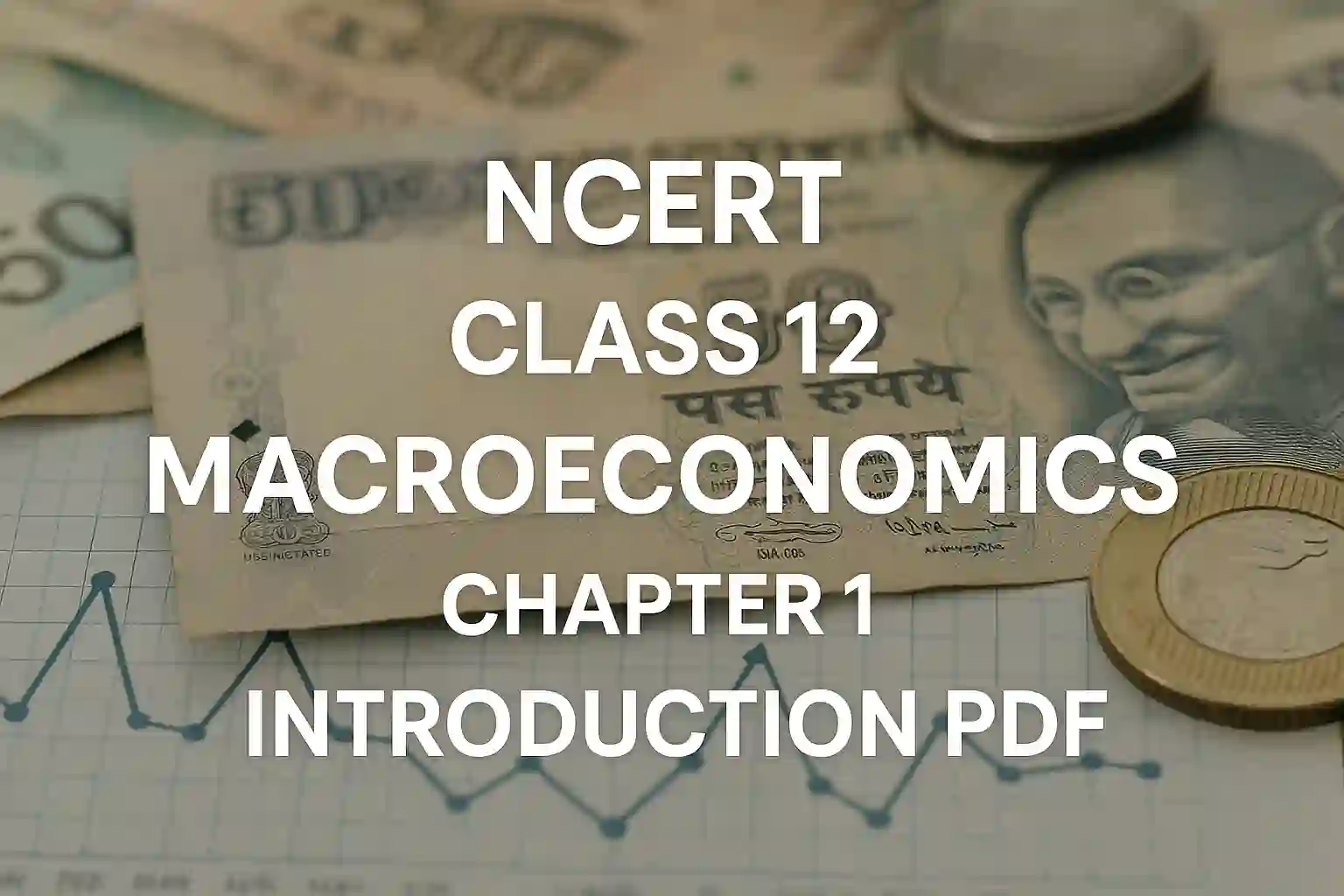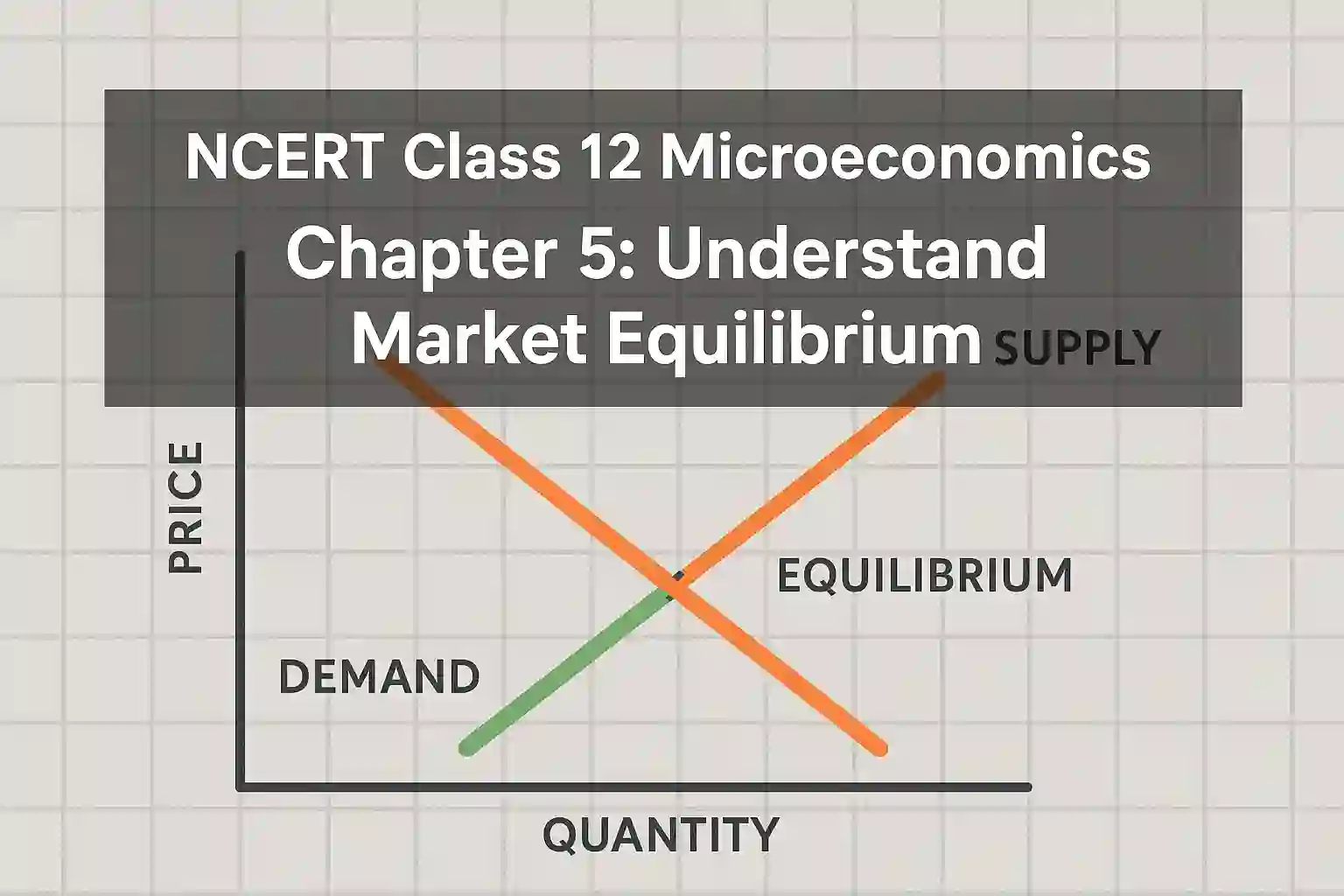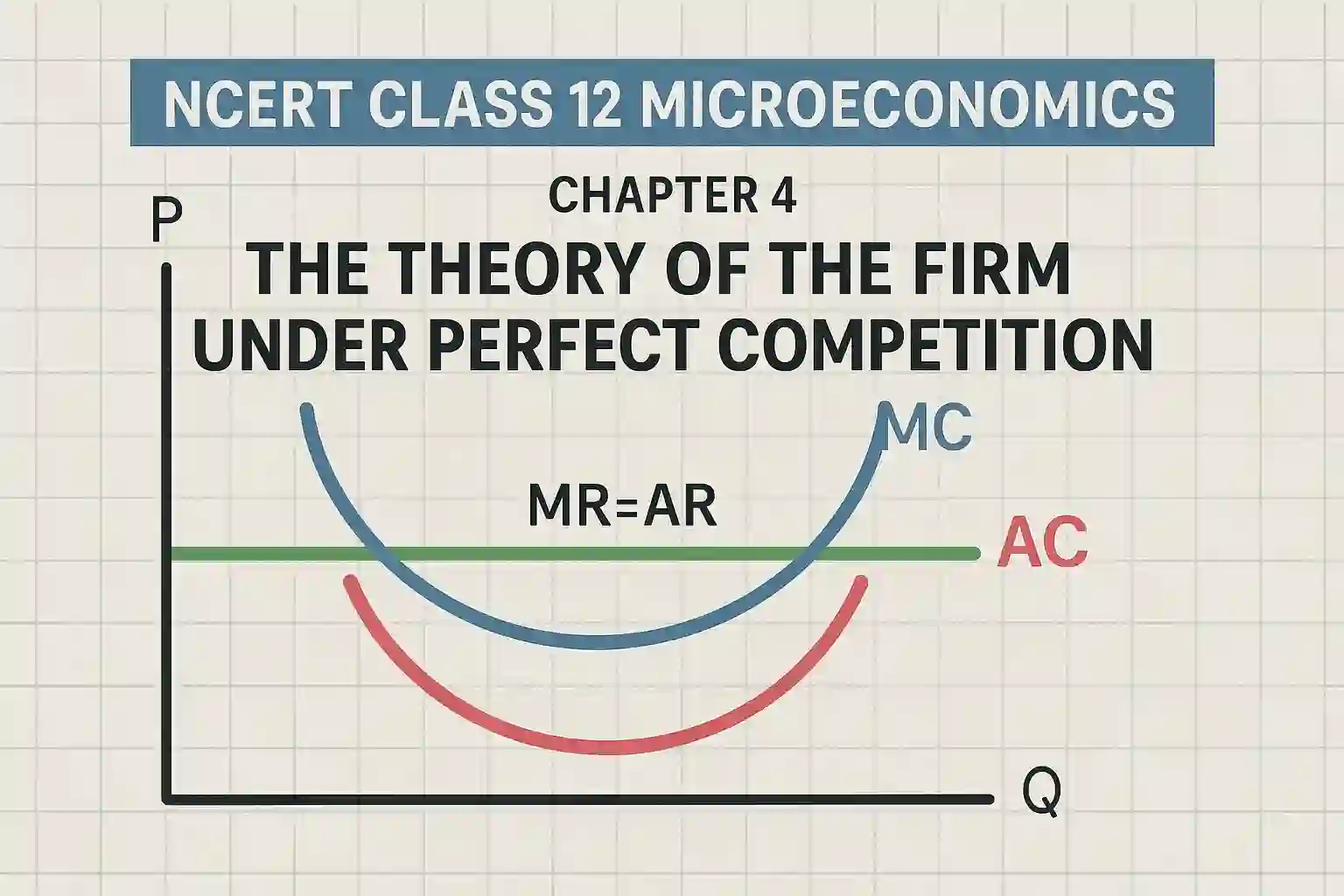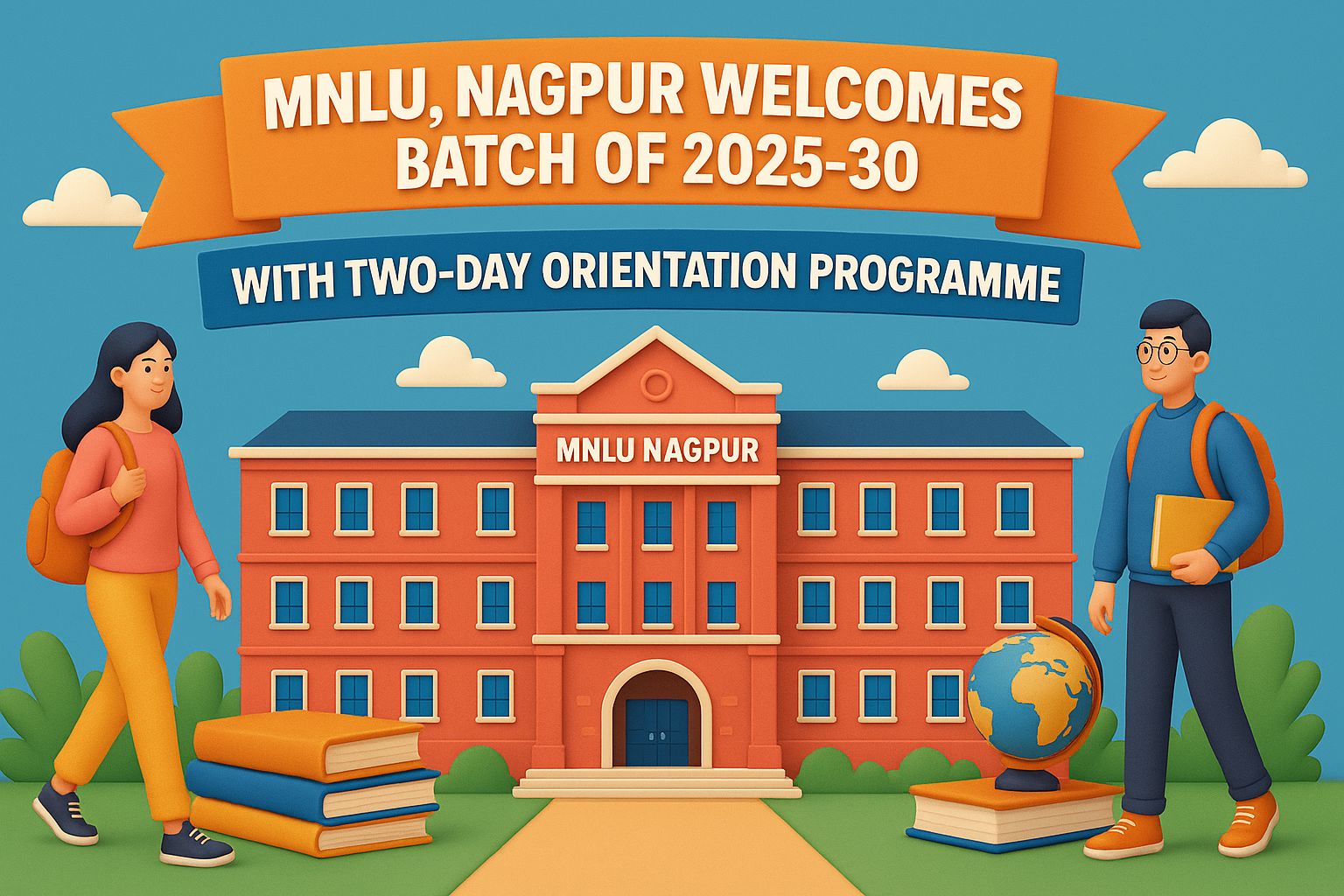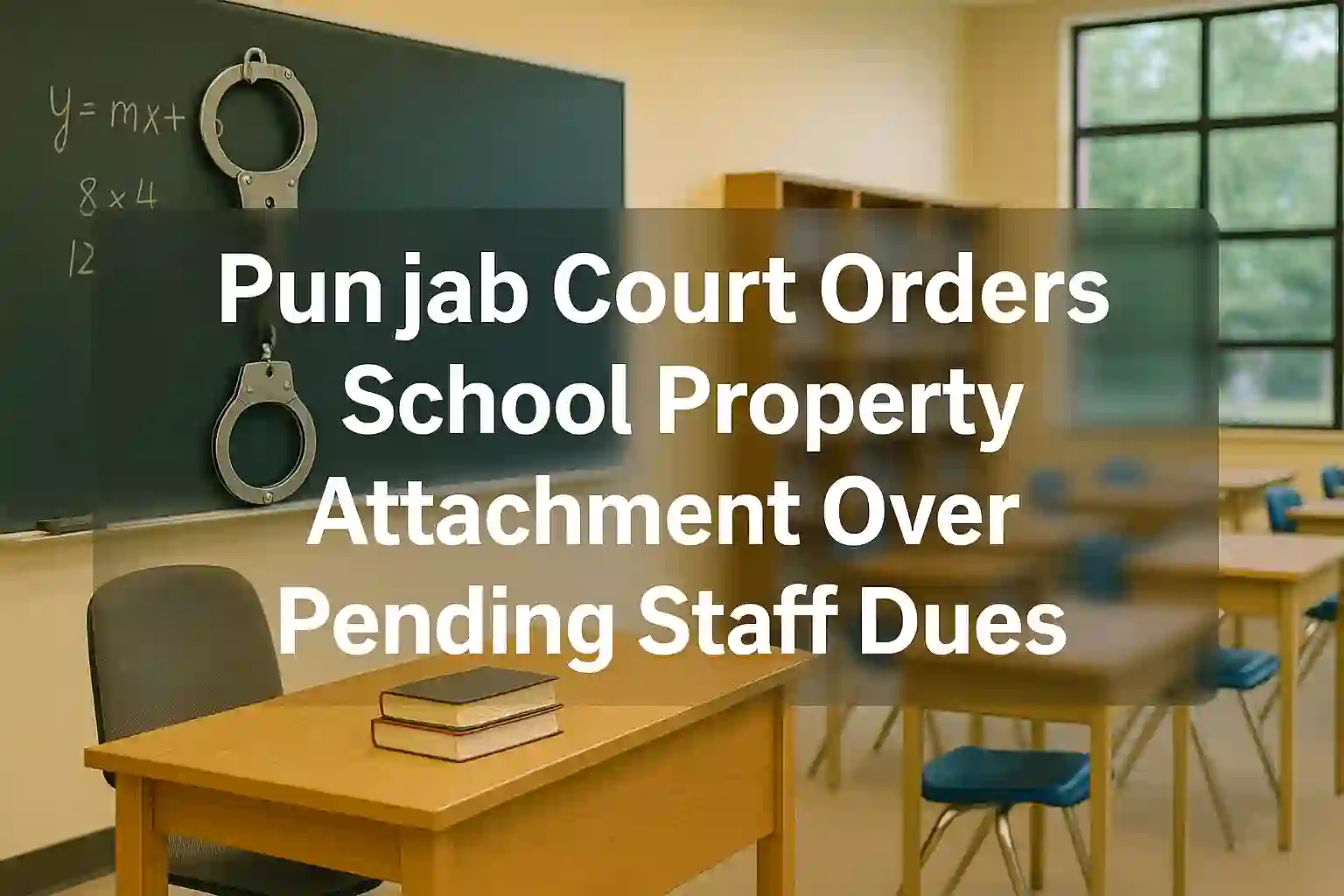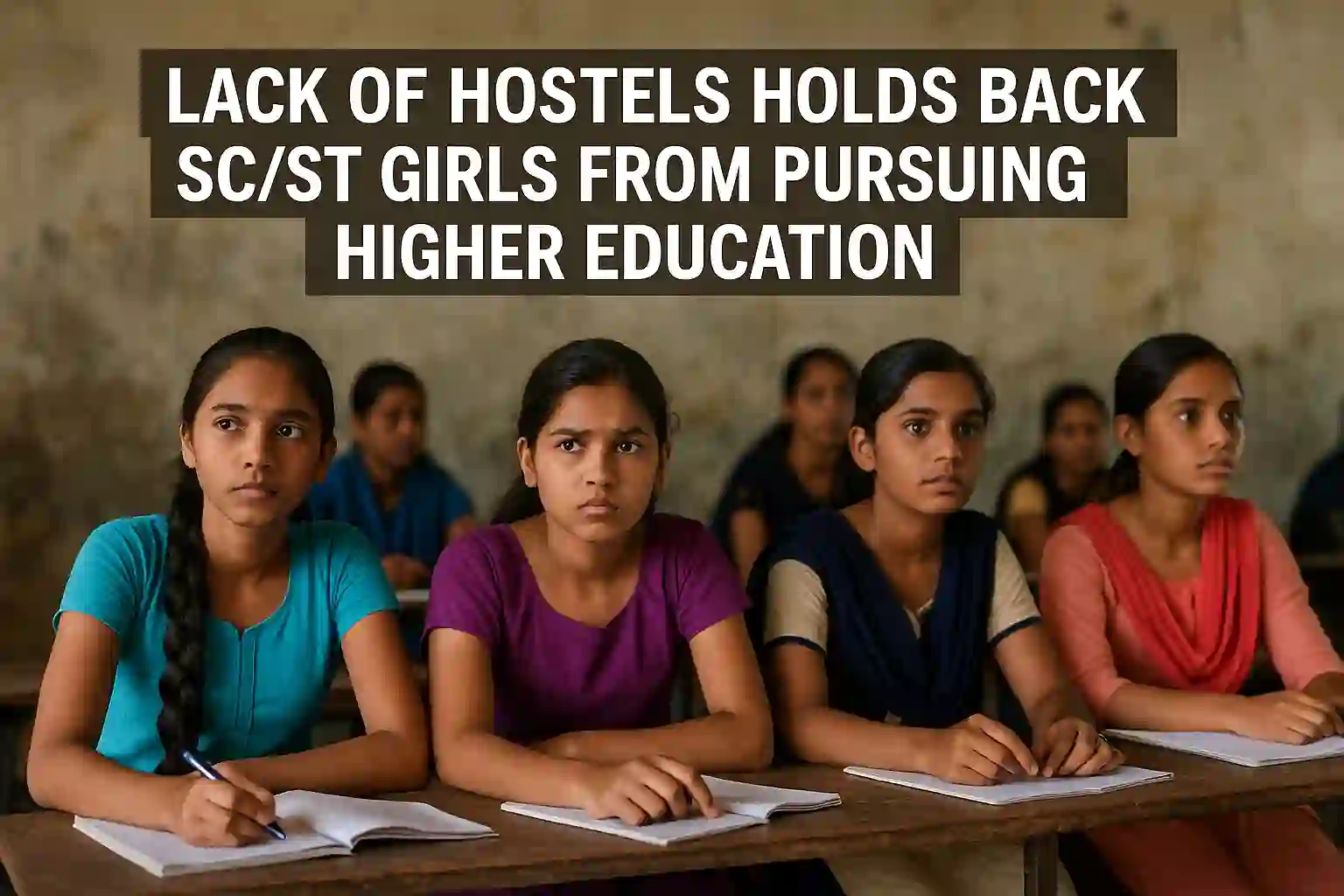The newly appointed Vice Chancellor of Telangana University (TU), Prof. R. Limbadri, has made a firm commitment to improving the standard of engineering education at the university. He addressed students and faculty during an official visit to the engineering college, assuring that steps would be taken to upgrade both infrastructure and teaching quality. The VC said the focus would now be on skill-based learning, employability, and making students industry-ready.
I wanted to write about this because in India, especially in tier-2 and rural universities, engineering education often suffers from lack of proper labs, outdated syllabus, and weak campus placements. Students with dreams of becoming engineers end up struggling because of poor guidance and limited exposure. So when a university leader publicly commits to changing that system, it gives some hope. It’s important for students, parents, and policymakers to know what actions are being taken and what still needs attention. I have spoken to several engineering graduates from government colleges who feel left out of the tech job market. That’s why these reforms matter—not just for a university, but for the future of thousands of students.
VC’s Promise to Raise Academic Standards
Prof. Limbadri made it clear that Telangana University won’t compromise on academic rigour anymore. He spoke about revamping the engineering curriculum to match industry demands. Some of the immediate plans include:
- Upgrading laboratories and workshops in all departments
- Introducing industry certifications and project-based learning
- Hiring faculty with research and field experience
- Inviting industry professionals for guest lectures and training
The VC also stressed on improving the pass percentage and placement rate, which are currently below average compared to other state universities.
Strengthening Infrastructure and Hostel Facilities
During his campus visit, Prof. Limbadri also inspected hostel buildings, classrooms, and the library. He pointed out the poor state of some blocks and said repairs would be taken up soon.
Some students raised complaints about:
- Lack of clean drinking water
- Limited internet access
- Frequent power cuts affecting computer labs
The VC instructed staff to prepare a report within 10 days and submit a plan for upgrading these facilities. He said he would personally monitor the progress.
Making TU a Hub for Innovation
Another major focus area is collaboration with industries and startups. The VC announced that TU will soon tie up with tech companies to offer internship opportunities and mentorship for final-year students.
He also hinted at launching an Innovation Cell on campus, where students can work on real-life engineering problems and pitch their ideas for funding. This will help students build confidence and job skills while still in college.
Feedback from Students and Faculty
Some students were quite happy with the VC’s direct interaction. One of them, a third-year mechanical student, said, “Usually we never get to speak to senior officials. Today we shared our issues directly with the VC, and he patiently listened.”
Faculty members also appreciated the fact that academic standards were being prioritised. A senior professor from the civil engineering department mentioned that the syllabus had not been updated in over six years, and this change was long overdue.

